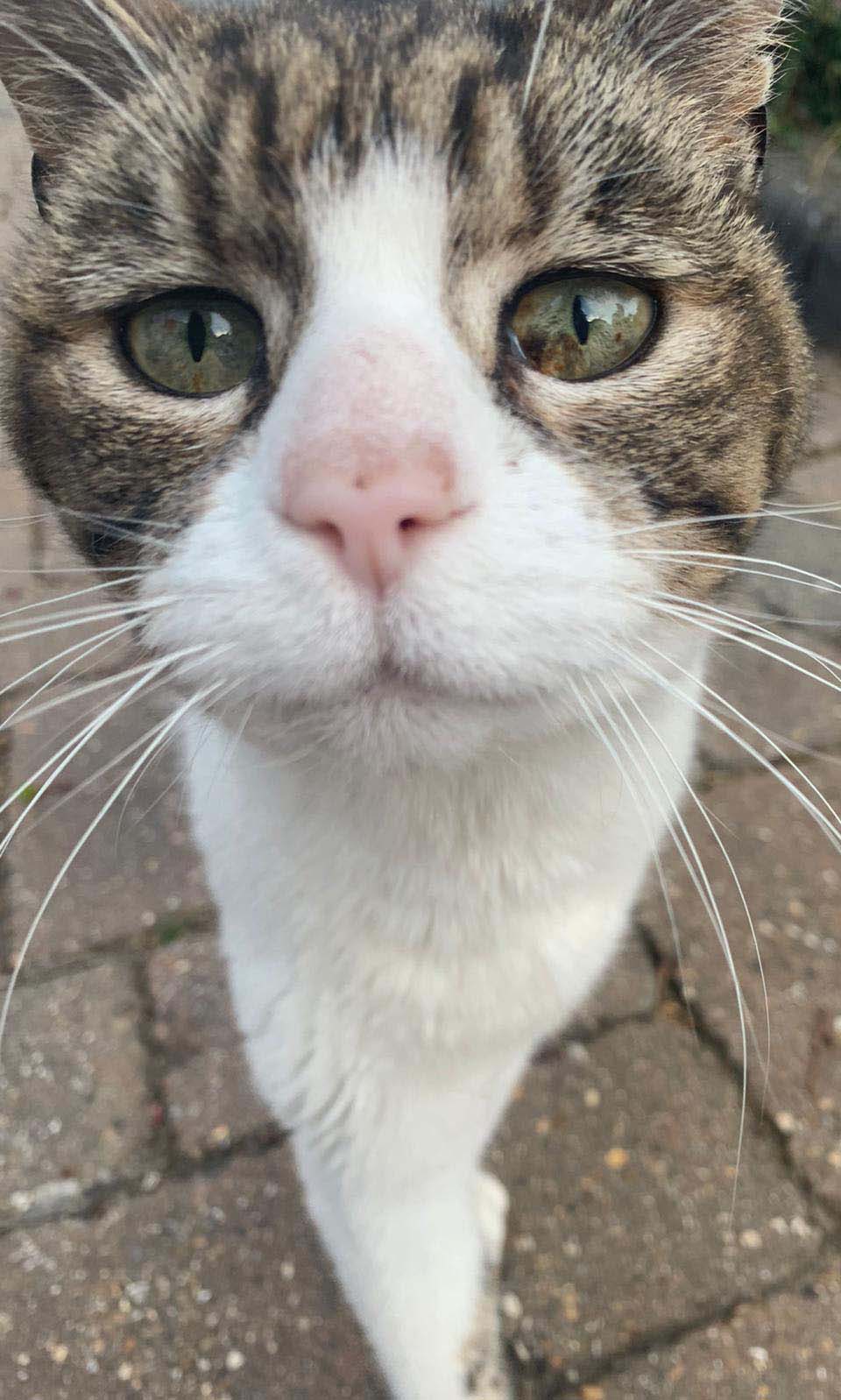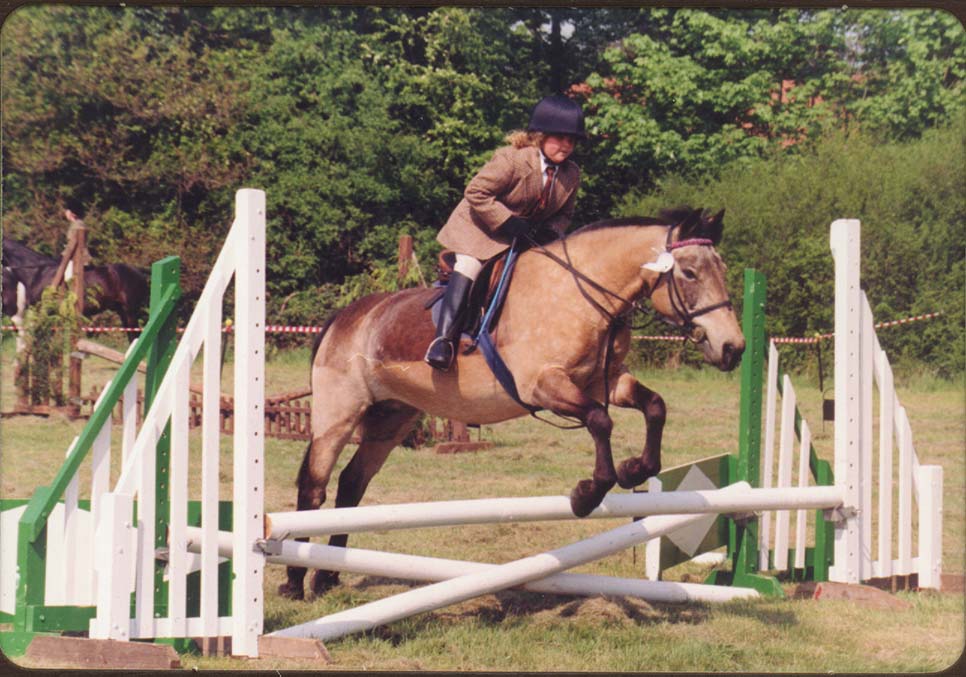Many of us have visited a physiotherapist to restore movement and function when affected by injury, illness or disability. It can also help to reduce your risk of injury or illness in the future. Sam McCarthy’s training allows her to apply these treatments to animals. It’s mainly horses, dogs and cats that are the animals most commonly treated, but almost any pet can benefit. A physiotherapist can help to treat initial problem, thereby improving the pet’s long-term quality of life. A Chartered Physiotherapist (ACPAT) has undergone 3 years University training as a human physio before becoming an animal physio (after two more years of intense training). So it is with this knowledge and clinical background that Chartered Vet Physio is the highest qualification in this field.

Will physiotherapy help my pet?
Animal physiotherapy is a scientifically approved practice, which means that the techniques used by these specialists have been proven to work. Examples of conditions treated:
Post orthopaedic surgery cases
Spinal pain
Tendon and ligament muscle strains
Muscle atrophy
Nerve damage
Arthritic stiffness

What are the benefits of physiotherapy?
The benefits of physiotherapy is to reduce pain, swelling, and muscle spasm. It helps to encourage healing and improve range of movement, prevents secondary complications, enhances and/or maintains function. This may also help to prevent more serious health problems later on. For example arthritis in one joint, may cause other problems as a result of compensating. From assisting your pet’s recovery from surgery, or injury to slow down the progression of long-term conditions, Sam can help.

What kind of veterinary physiotherapy exercises will be used?
Chartered physiotherapists examine movement and posture. Their expertise is developed by having an in-depth knowledge of anatomy, biomechanics, pathology and physiology which enables them to assess and treat injuries and diseases of the musculoskeletal system.
There are a number of specific exercises that are commonly employed, but the exact range of treatment and exercise programmes will depend on the specialists you choose.
They use a range of techniques, including massage, acupuncture, underwater treadmill sessions, laser and ultrasound treatments, electrical muscle stimulation and shockwave therapy.
Sam will also work with your pet on a range of physical movements that will improve their joint flexibility and general physical health.

I think my pet might benefit from physiotherapy – so what next?
As a qualified veterinary physiotherapist, Sam works alongside your vet to ensure that they achieve the best outcome for your animal.
Whether you want to help your animal recover from an injury, reduce their chronic pain, improve their mobility as they age, or prevent reoccurring injuries, Sam is an expert in diagnosing the root cause of ongoing issues and implementing an effective treatment plan.
She will come to your home or stable for sessions so there is no fuss or added stress in trying to get your animal to travel. Invest in your animal’s health and wellbeing by allowing Sam to enhance their quality of life with her expertise.
You can Call 07958 048139 email sam@charteredphysio.co.uk Website www.charteredphysio.co.uk/



